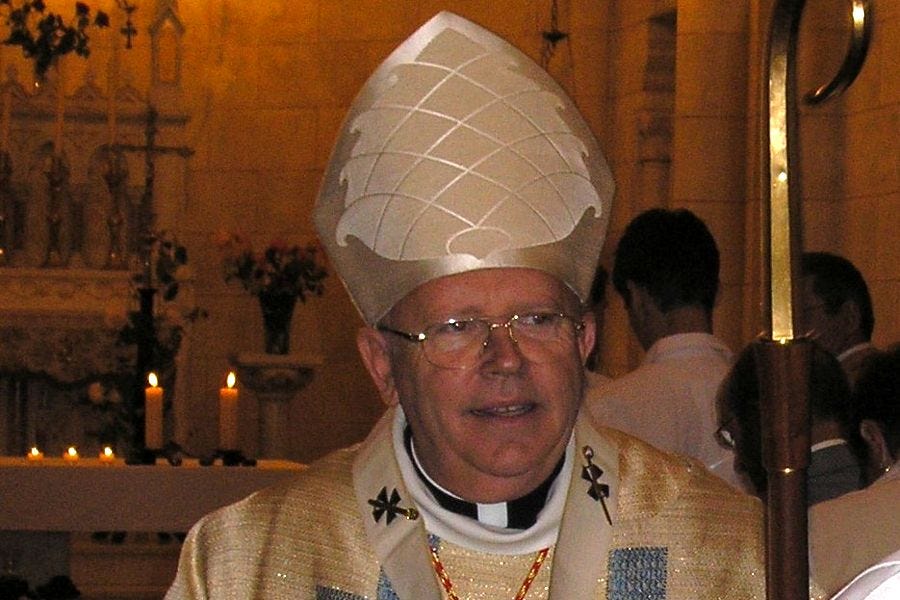Cardinal Ricard: Prosecutors close case, Vatican probe continues
The cardinal admitted last November to behaving ‘in a reprehensible way’ toward a 14-year-old girl 35 years ago.

French prosecutors announced Saturday that Cardinal Jean-Pierre Ricard will not face criminal charges after he admitted to abusing a 14-year-old girl 35 years ago.
Marseille prosecutor Dominique Laurens told AFP that “the case was closed due to the statute of limitations.”
Ricard, the president of the French bishops’ conference from 2001 to 2007, publicly…
